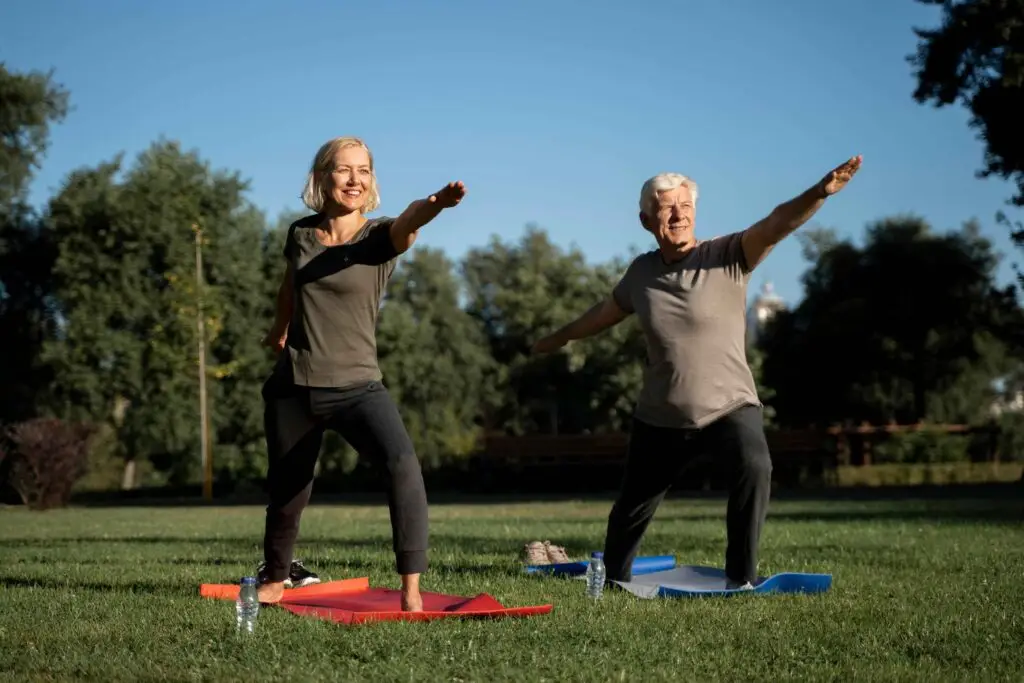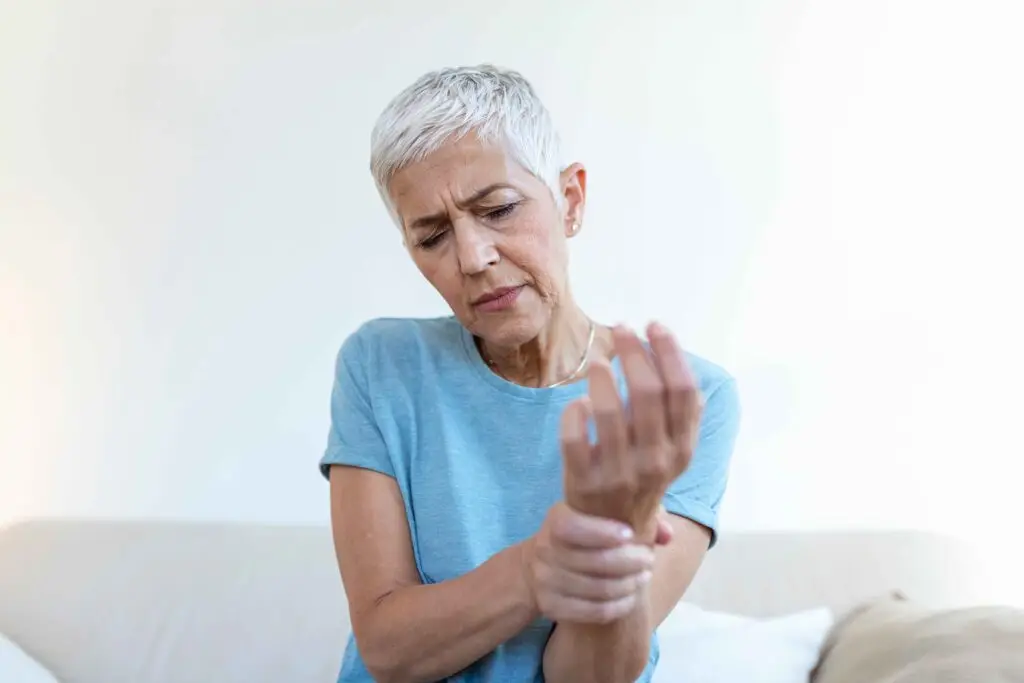Sleep. That elusive, precious commodity seems to slip further away as we age.
For many over 60, a good night’s rest can feel like a distant memory. But fear not, fellow seniors! While age-related changes can indeed impact our sleep patterns, it’s not a foregone conclusion that you’ll be tossing and turning all night long.
Understanding the Shift: Why Sleep Changes with Age
As we get older, our bodies go through a natural decline. This includes changes in our sleep-wake cycle, often referred to as our circadian rhythm.
- Shifting Sleep Patterns: You might find yourself feeling tired earlier in the evening and waking up earlier in the morning. This is a common occurrence as our internal clock tends to shift forward with age.
- Increased Sleep Fragmentation: Age can lead to more frequent awakenings throughout the night, even if you don’t fully rouse.4 These interruptions can disrupt your sleep cycle and leave you feeling unrefreshed.
- Medical Conditions: Many chronic health conditions that become more prevalent with age, such as arthritis, heart disease, and sleep apnea, can significantly interfere with sleep.
- Lorem Ipsum Lorem Ipsum Lorem Ipsum Lorem Ipsum
Tips for Reclaiming Your Rest:
While you can’t entirely reverse the effects of aging on sleep, you can certainly take steps to improve your sleep quality. Here are some strategies to consider:
- Establish a Consistent Sleep Schedule:
- Go to bed and wake up around the same time each day, even on weekends.6 This helps regulate your body’s natural sleep-wake cycle.
- Create a relaxing bedtime routine. This could include a warm bath, reading a book, or listening to calming music.
- Dim the lights and avoid screens an hour or two before bed. The blue light emitted from electronic devices can interfere with melatonin production, a hormone that regulates sleep.
- Optimize Your Sleep Environment:
- Make sure your bedroom is dark, quiet, and cool. Consider using blackout curtains, earplugs, or a white noise machine to minimize distractions.
- Invest in a comfortable mattress and pillows.
- Keep your bedroom for sleep and sex only. Avoid working, eating, or watching TV in bed.
- Prioritize Physical Activity:
- Regular exercise can significantly improve sleep quality. Aim for at least 30 minutes of moderate-intensity exercise most days of the week.
- Avoid strenuous exercise close to bedtime.
- Watch Your Diet:
- Avoid large meals and caffeine in the evening.
- Limit alcohol consumption, as it can disrupt sleep later in the night.
- Consider a light snack before bed, such as a small bowl of cereal or a glass of warm milk.
- Address Underlying Medical Conditions:
- If you suspect a medical condition is interfering with your sleep, consult your doctor.
- Discuss potential treatment options, such as medication or therapy.
- Relaxation Techniques:
- Practice relaxation techniques such as deep breathing, meditation, or progressive muscle relaxation.1415 These can help calm your mind and16 body before sleep.
- Rule Out Sleep Disorders:
- If you continue to experience significant sleep problems, talk to your doctor about potential sleep disorders such as insomnia or sleep apnea.
When to Seek Professional Help:
If you’ve tried these tips and are still struggling with sleep, don’t hesitate to consult a healthcare professional. They can help you identify any underlying medical conditions and recommend appropriate treatment options.
Remember: Improving sleep quality takes time and patience. Don’t get discouraged if you don’t see results immediately.
Disclaimer: This article is for informational purposes only and should not be considered medical advice. Always consult with a healthcare professional17 for any health concerns.
By implementing these strategies and making a conscious effort to prioritize sleep, you can significantly improve your quality of life as you age. Sweet dreams!
Other Articles

Physical Therapy for Strength and Balance: Rebuilding Confidence, One Step at a Time
There’s a moment many people reach — a near fall, a shaky step, or that quiet feeling of, “I don’t move like I used to.” It can be unsettling, but

Tech Tips for Seniors: How to Stay Connected with Family and Friends
Technology has revolutionized how we stay in touch with loved ones, offering endless ways to connect regardless of distance. For seniors, embracing tech tools can strengthen relationships, provide emotional support,

New Jersey Seniors: Final Call for ANCHOR, Senior Freeze & StayNJ (Due Oct 31)
Introduction: A Big Opportunity Before October 31 If you live in New Jersey and you’re 65 or older, you may be eligible for thousands of dollars in property tax relief

Mobility Aid Choices: Finding the Right Support for Confidence and Independence
Choosing the right mobility aid can make all the difference between feeling cautious and feeling confident. A well-fitted cane, walker, or rollator isn’t a sign of weakness — it’s a

Jitterbug Smart3 Review: A Smartphone Designed for Simplicity and Seniors
The Jitterbug Smart3, developed by Lively, is a smartphone tailored to meet the needs of seniors and those who prefer a simplified smartphone experience. With its user-friendly interface, accessibility features,

Ramelteon: A Safer, Non-Habit Forming Sleep Aid for Older Adults
Finding restful sleep can become surprisingly difficult later in life. Many older adults lie awake longer, wake up more often, or struggle to fall back asleep after a trip to





